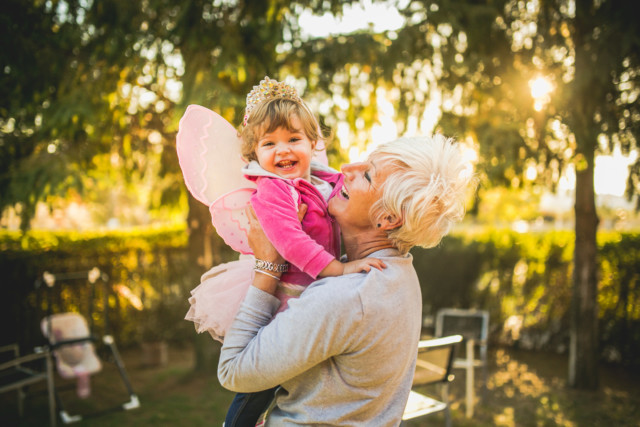ANOTHER change in coronavirus rules means there will be further focus on forming support bubbles.
A rise in covid cases will see Prime Minister Boris Johnson introduce new restrictions on how many people can meet indoors and outside – meaning support bubbles could be crucial in meeting others.
Who do the new rules apply to?
Anyone who lives alone at the moment will be able to form a new bubble with another household – of any size.
It means grandparents living on their own can see their grandchildren for example.
And single parents with kids can form a bubble with another house too – so they can stay overnight, help with childcare or provide much needed support.
Any lone parent with kids under 18 is classed as single.
The support bubbles are estimated to benefit around to 8.2 million people across the country.
And they will form a part of the exemptions for the new rules set to come in on Monday, September 14 whereby a maximum of six people will be allowed to meet indoors and outside.
These can be up to six households, but those flouting face fines of £100 – which will be doubled for repeat offences up to £3,200.
Yet, should a support bubble exceed the six-person limit, they will be exempt from the rules and not face any fines.
Do I have to stay two metres apart from them?
No. You can visit them in their own home, stay overnight, and you don’t need to stay apart.
Basically, they can act as though they are a part of your household
You can travel between their house and yours, or they can move in with your family.
Can I bubble up with more than one household?
No, you can pick only one and see them as much as you like.
You can’t swap in and out of multiple households.
However, you don’t have to move in with your new bubble – it’s OK to travel back and forth to see them.
This can technically be as far as you like, but officials stressed that having a local bubble would be better.
Single people will only be able to bubble up with one other household, meaning they should maintain social distancing measures when visiting others.








